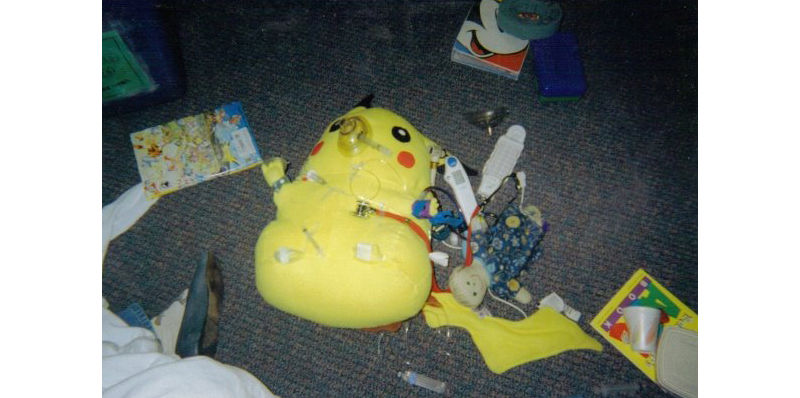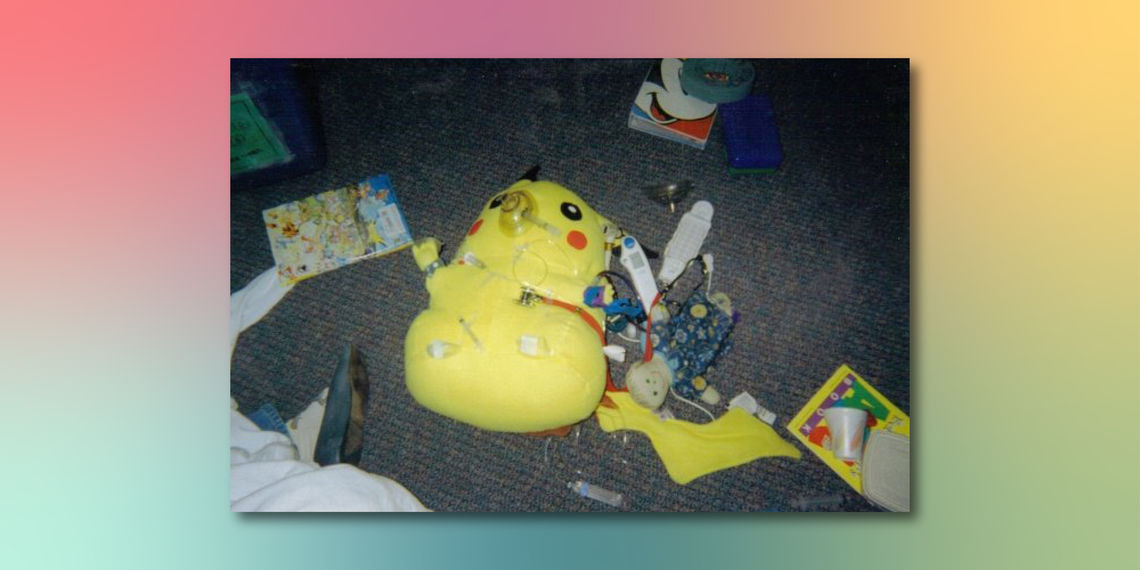Learn more
The Transgender Health Program at University of Utah Health brings quality health care to trans adults and teens from all walks of life.
ften times, I tell people, I am a person with Pierre Robin Sequence first, and transgender second. The main reason I reference my comorbidity that way is so those overseeing my health care view me as a multifaceted person, with prioritized health care goals. Being transgender is part of who I am, but it distracts providers for reasons that allude me.
Sometimes I become afraid for what is left of my health—afraid that I will have a seizure and the EMTs will be more distracted by my mismatched anatomy than the fact that I could accrue permanent brain damage if they do not focus. I already have permanent brain damage from a previous medical error, I do not need more.
Afraid that since I look young for my age, because of a double whammy cranial facial defect and being a transgender man, medical concerns will be overlooked or laughed off as nonessential.
Afraid of the silent fact that being the only person on record worldwide who is transgender and has my birth defect marks me as a novelty.
Despite what society tells us, being a novelty is not fun.
We become enamored with the "why's" of life too much. It is human nature to revisit our past, to evaluate who we are and what we can become.
The first time I thought of suicide was when I was four, while I sat haunted in a ballet changing room during what would have been my first ever dance lesson. I have endured close to four dozen surgeries and have gained an abundance of medical facts along the way. No textbook or article I have read has ever stated the fact that medicine is about love. Not romantic love. Rather, the essence of basic human dignity.
My transgender journey is not defined alone by top hormone therapy, or even facial hair, or even top surgery.
Like the journeys of many other individuals, my life is defined by small victories. After my first broken arm, my mother insisted we go out for ice-cream since it was my first "normal kid injury." And we did. At six years old, Child-life specialists (people who help children cope with medical challenges) let me dress up Pikachu with medical equipment before my fifteenth surgery, instead of a female doll. Secretly, that was the first time I felt gender affirmed in a medical setting. Whenever I drink a glass of water without choking, I gain confidence.

We all have moments where we waste time asking ourselves, "Why?" Why do terrible things like the current viral crisis happen? Why am I one in 50,000,000? We need to understand that the question we should ask ourselves when navigating challenges and uncertainty is "How?" In quality improvement research “how” is the starting point, and “why” is what is left over after conclusions are determined. Asking “how” is the tool we need to face the future.
How can I use my life to create community for those feeling devalued? How can I standardize compassion by recognizing that trials and errors are hallmarks of being proactive and alive? How do I keep going? I have not reached the endpoints to many of my “hows” yet. I am still imperfect, afraid, and very much transgender.
I have almost died over a dozen times in relation to my birth defect. The right questions were not asked by those overseeing my care, including the day I was born (with the exception of, “how can I help that purple baby?”). If sensitivity were incorporated in all aspects of my needs, I would not have the unwanted luxury of knowing that my medical history supplements my academic credentials.
Hopefully, as medicine evolves, sensitivity will be viewed as a trait of valor among doctors and health care professionals. We have seen enough politics. Politics in medicine stifles compassion-centered creativity. There is no more room for elitists in medicine. It only creates messes. Politics does provide an adequate “how” or “why” and the search for both from that angle have circled back literally a million times over. I am tired of hearing “I am sorry that happened. It was probably a system-based problem and not their fault” when I tell professors about medical errors I have encountered. It is the equivalence of “thoughts and prayers” in response to gun violence.
When the ingredients of love, dignity, and sensitivity are more recognized as ethical expectations, I will be able to say proudly, "I am Skyler, I have a rare birth defect, and I am transgender.” Then finally, my providers will not question with awe why I am a rarity. They will only wonder, "How can I treat my patient to the best of my ability?"
About Skyler Morrise (He/Him/His)

Skyler is working on a master’s degree in medical informatics at the University of Utah. He has an undergraduate degree in social work from Utah State. Skyler grew up speaking about his experiences as a patient to the nurse residency program at Primary Children's Hospital. He’s presented at notable conferences, including the Institute for Health Care Improvement and the Institute for Patient and Family-Centered Care. He hopes to apply his knowledge and experience to create a culture of greater accountability in health care so each patient's voice is valued and utilized.
University of Utah Black Cultural Center’s Meligha Garfield and Sara Cody share insights on celebrating Juneteenth respectfully and emphasize the importance of understanding its history to avoid misappropriation.
Senior Nursing Director Rita Aguilar shares how a pivotal medical experience at the age of 17 sparked her interest in becoming a nurse. Years later, Rita is applying the same level of compassion and support she received from that experience to encourage others in seeking a career in health care and diversifying the medical field.
It’s been quite a year—but we made it! The Accelerate Team is celebrating the small wins with some big engagement from across the globe. Thank you to all 158 contributors who shared valuable insights with the U of U Health community in 2021.
